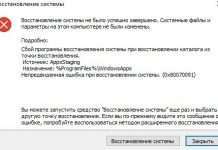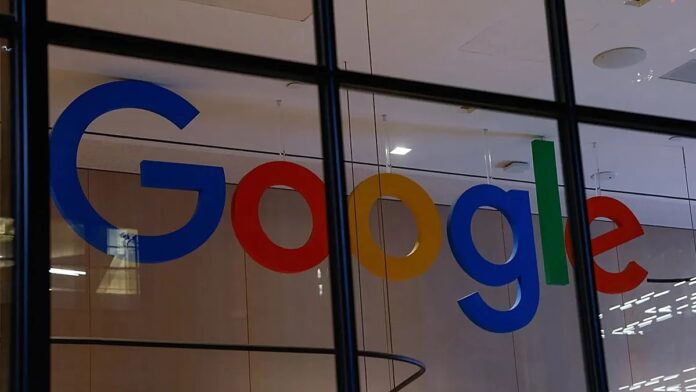The European Commission has launched a formal investigation into Google, suspecting the tech giant unfairly demotes news websites in its search rankings due to a policy ostensibly designed to combat spam. The probe, initiated under the EU’s Digital Markets Act (DMA), centers on whether Google’s enforcement of this policy is discriminatory and harms revenue for news publishers.
Policy Under Scrutiny
Google’s “site reputation abuse policy,” rolled out in March 2024, targets websites using promotional content to manipulate search rankings. While Google frames this as a necessary measure against deceptive tactics, the Commission suspects the policy is applied in a way that disproportionately impacts legitimate news organizations, many of which rely on paid promotional content.
The core concern is that Google’s algorithm may be penalizing news sites for standard commercial practices, leading to reduced visibility and lost revenue. This investigation isn’t about whether promotional content should exist, but whether Google’s response is justified under competition law.
DMA Enforcement and Potential Penalties
The DMA, designed to curb the dominance of “digital gatekeepers” like Google, allows for hefty fines—up to 10% of Alphabet’s global annual turnover—if violations are found. The Commission’s scrutiny extends to Google’s parent company, Alphabet, and could set a precedent for how other tech firms manage commercial relationships with publishers.
This probe arrives amid rising tensions with the U.S., where President Trump has threatened tariffs against nations with strict digital regulations. However, Brussels appears undeterred, signaling a commitment to enforcing its laws regardless of external pressure.
AI Summaries and Traffic Drops
Beyond the algorithmic demotion, the investigation also touches upon Google’s AI-generated search summaries, known as AI Overviews. News publishers have reported sharp traffic declines since these summaries were introduced, as users receive answers directly from Google rather than clicking through to news articles.
Italy’s newspaper federation, FIEG, has already filed a complaint demanding a probe into the impact of AI Overviews on readership. The Commission’s team will seek concrete data on the financial damage caused by Google’s practices.
Google’s Defense
Google defends its policy as essential for maintaining search quality and leveling the playing field against manipulative tactics. The company points to a German court ruling that validated its anti-spam measures, arguing that the EU investigation is misguided.
However, critics argue that Google’s AI-driven summaries and algorithmic penalties are effectively diverting traffic and revenue away from news publishers, undermining their business models.
Investigation Timeline and Implications
The Commission’s probe is expected to conclude within 12 months. The outcome could reshape how Google manages commercial relationships with news organizations, potentially forcing the company to adjust its algorithms and policies.
The investigation highlights a growing conflict between tech giants and news publishers over revenue sharing and algorithmic control, a battle that will likely intensify as AI-driven search becomes more dominant.
This case underscores the EU’s determination to enforce its digital laws, even in the face of external pressure, and signals a willingness to challenge the dominance of tech giants in the media landscape










































![Apple: тремтіння екрану ipad mini 6-це норма [відео]](https://miranda.org.ua/wp-content/uploads/2021/09/ykwo1gxz2kfibw8gmjavcrxr4cm7krz2cz1uk4h-100x70.jpg)








